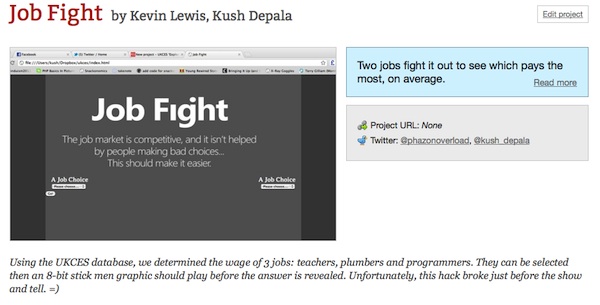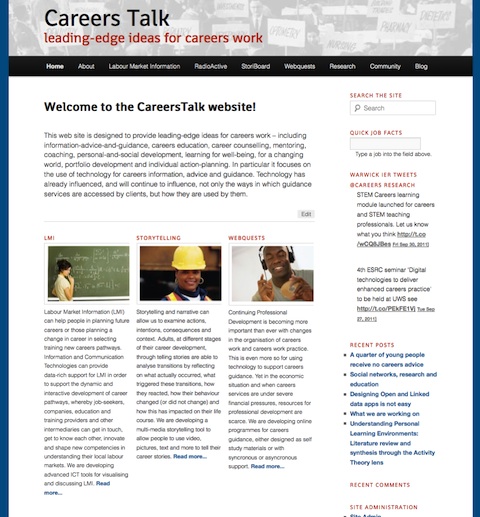the last three months have been pretty hectic. So much that I have been somewhat lackadaisical in posting on this blog. Partly it has been due to the sheer volume of work and also traveling so much. For some reason I always find it difficult to blog when I am on the road. Another reason is that a lot of the work has been developmental and has naturally generated a series of notes and emails but little writing. Its time to make amends.
In this post I will give a short run down on what we have been up to. Over the next couple of weeks I will post in a bit more detail about the different projects and ideas. All the work shares a series of ideas in common:
- The work is based on the ideas of open education and open data
- The projects seek to enable practitioners to develop their own learning materials
- Most of the project incorporate various elements of social software but more importantly seek to utilise social software functionality to develop a shared social dimension to learning and knowledge sharing
- Most of the work supports both face to face and online learning. However we have been looking hard at how learning and knowledge development is socially mediated in different contexts.
Open Data
Over the last year we have been working with a series of ideas and applications for using open data for careers guidance. Supported by the Mature-IP project, by Careers Wales and Connexions Northumberland and more lately UKCES, we have been looking at how to use open data around Labour Market Information for careers advice and guidance. Needless to say, it has not proved as easy as we thought, raising a whole series of issues around target users, mediation, and data sources, data reliability and data interpretation, amongst others.
We have encountered a series of technical issues but these can be overcome. More important is understanding the social uses of open data for learning and decision making which is much harder!
Webquests 2.o
The original idea of Webquests was based around a series of questions designed to encourage learners to search for new meaning and deeper understanding using web based tools and resources. Although Webquests have been used for some time in schools and colleges, we have been working to adopt an updated Webquest 2.0 approach to the needs of learners in Small and Medium Enterprises. These inquiry–oriented activities take place in a Web 2.0–enhanced, social and interactive open learning environment (face to face and/or on–line) that combine at the same time collaborative learning with self–paced learning.
Once more, this work has posed a series of challenges. While we have been pretty successful in using webquests 2.0 with SMEs, it has proved harder to enable practitioners to develop their own online learning materials.
Work based learning
We have been continuing to explore how to use technology to support work based learning and in particular how to use mobile technologies to extend learning to different contexts in Small and Medium Enterprises. We are especially interested in focusing on work practices and how technology can be used to support informal learning and practice in the workplace, rather than the acquisition of more formal knowledge. In order to finance this work we have developed a number of funding applications entailing both background research and (more enjoyably) visits to different companies.
We are fairly confident that we will get support to take this work forward in the near future.
Social media and social empowerment
We have been looking at how to use social media and in particular internet radio, not for promoting social inclusion, but for giving a voice and opportunity for expression to those excluded form access to traditional education and media. Once more, we are confident that we will be able to launch a new initiative around this in the next couple of months.
We will be publishing more about this work over the next couple of weeks. If you are interested in any of these ideas or projects please get in touch.

